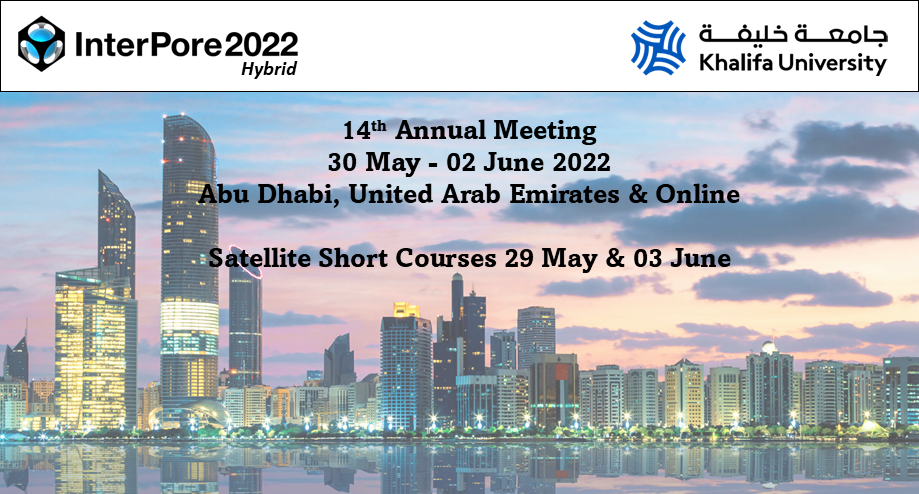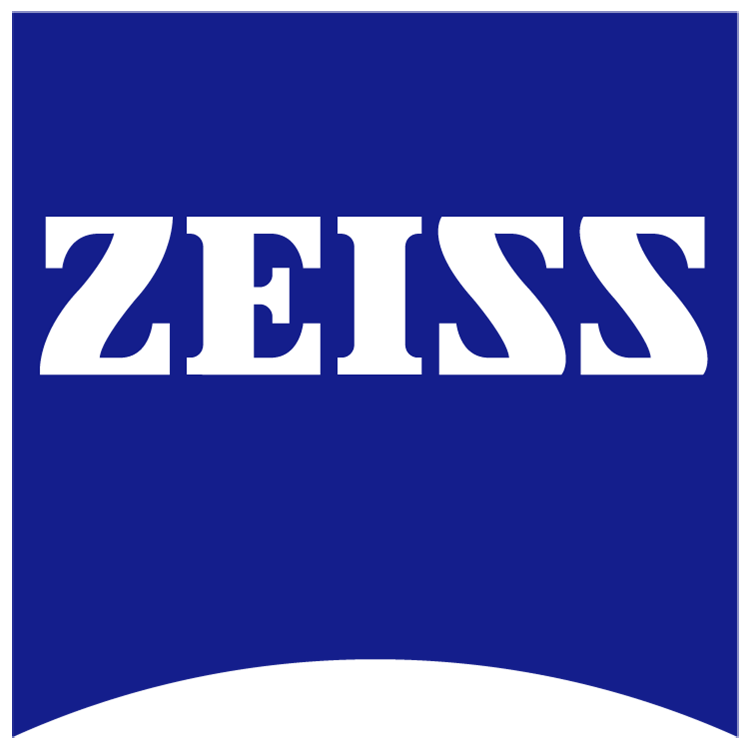Speaker
Description
This is a joint work with P. Gavrilenko, D.Fokina, P. Toktaliev (Fraunhofer ITWM), M. Ohlberger, F. Schindler (University of Muenster), B. Haasdonk, T. Wenzel, M. Youssef (University of Stuttgart) and I.Oseledets (Skoltech).
Reactive transport in porous media in connection with catalytic reactions is the basis for many industrial processes and systems, such as fuel cells, photovoltaic cells or catalytic filters. The modeling and simulation of the processes can help in optimizing the design of catalytic components, parameter identification, development of digital twins, etc., but is currently limited by the fact that such simulations lead to large amounts of data, are time-consuming and depend on a large number of parameters. The development of solution approaches for the prediction of the chemical conversion rate using modern data-based methods is essential in order to achieve fast, reliable predictive models. Various method classes are required for this. In addition to the experimental data, fully resolved simulations are necessary. It is important to note that while the reactions occur at microscale, the observations are usually carried out at macroscale. The simulations at microscale are usually too expensive to generate a large set of training data. Therefore, model order reduction is crucial for acceleration as it can produce large amounts of training data. In this talk projection based model order reduction of pore scale linear reactive flow with different flow regimes, is considered. Advection-diffusion-reaction problem for a concentration c is considered, with appropriate initial and boundary conditions, for varying flow fields u as well as Damkholer and P´eclet numbers Da, Pe > 0. While the approximation by discretization schemes and model order reduction (by e.g. Reduced Basis methods) of such problems is well understood, the characteristics of the underlying flow, and thus the solution manifold, may differ significantly if Damkhler and P´eclet numbers change by several orders of magnitude. We thus consider practical implications of strongly varying Damkhler and P´eclet numbers on stable and accurate reduced order models for such problems, which are then used for generating training data within the collaborative BMBF-funded project on Machine Learning and Model Order Reduction to Predict the Efficiency of Catalytic Filters (ML-MORE).
| Participation | In person |
|---|---|
| Country | Germany |
| MDPI Energies Student Poster Award | No, do not submit my presenation for the student posters award. |
| Time Block Preference | Time Block B (14:00-17:00 CET) |
| Acceptance of the Terms & Conditions | Click here to agree |









